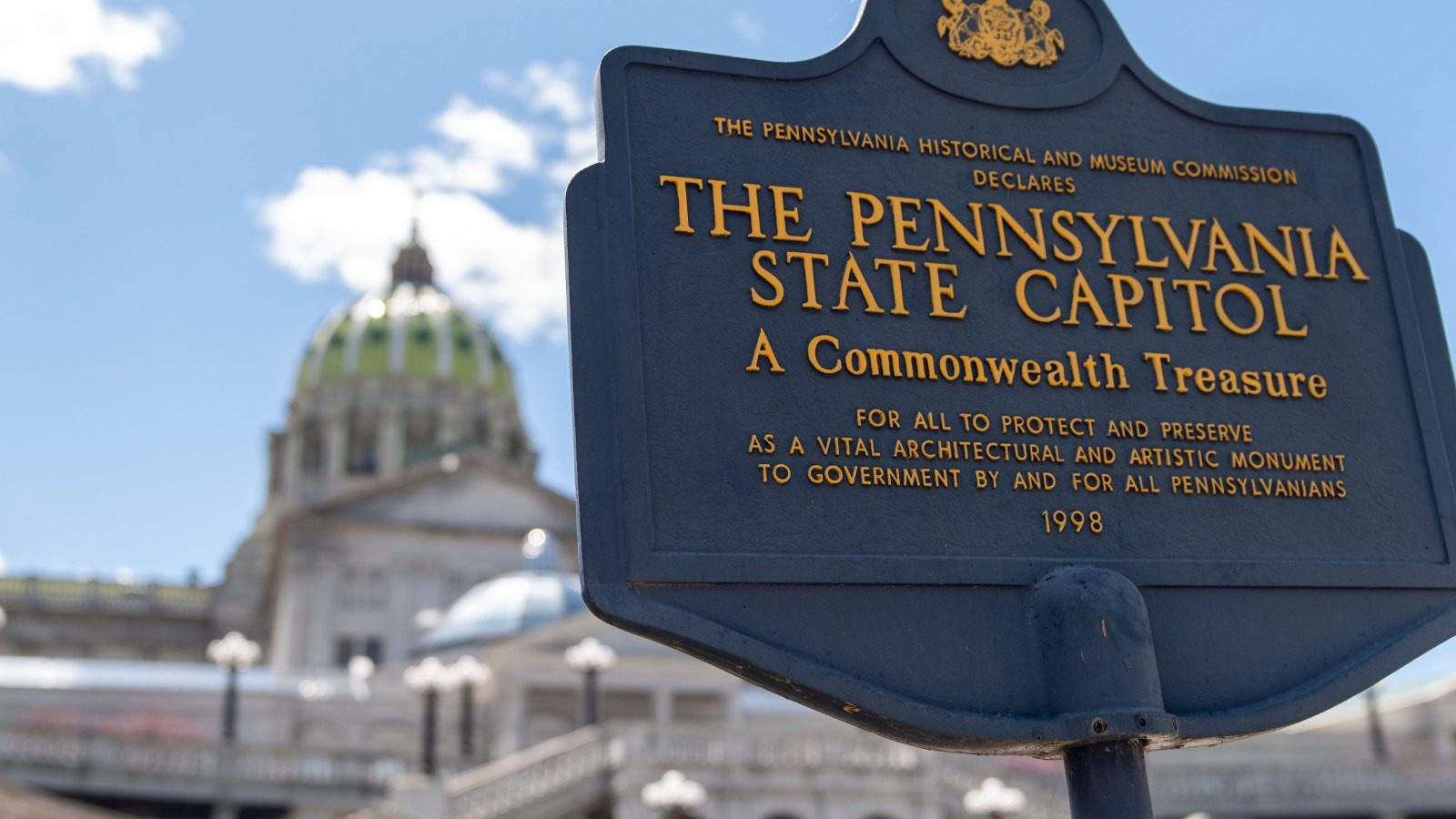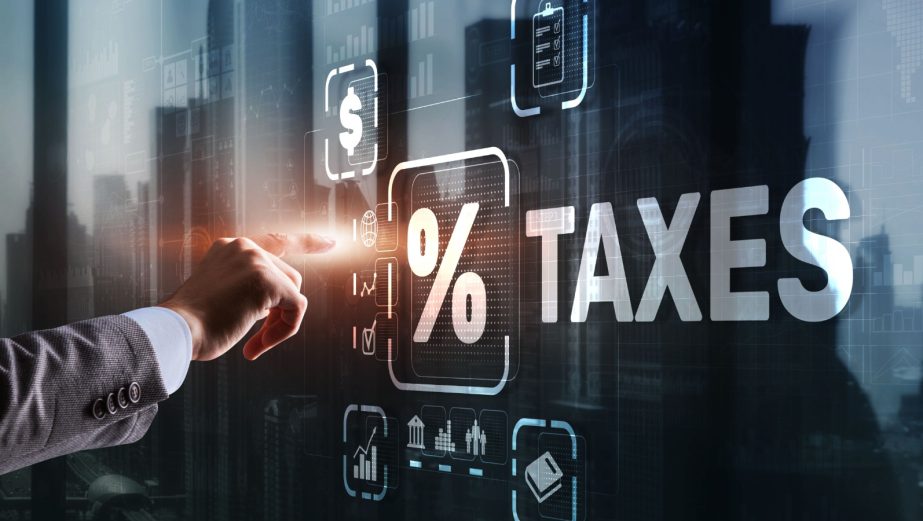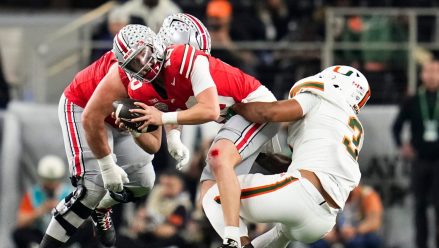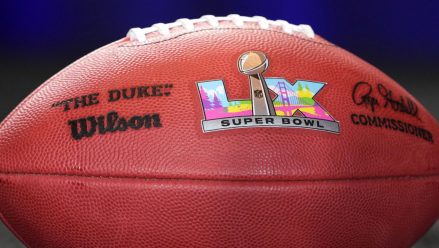Pennsylvania lawmakers and Gov. Josh Shapiro are discussing ways to bridge a budget gap, and gambling tax increases, including on sports betting, are part of the conversation, multiple industry sources tell InGame. The budget was due July 1, and lawmakers are now scrambling to get a budget proposal in place before the legislature breaks for the holidays. The legislature is in session year-round, but according to the Pennsylvania legislative website, there are only six legislative days scheduled in the Senate and up to nine in the House between now and the end of the year.
Lawmakers, however, could be called back to Harrisburg early or asked to stay late in order to solve the budget impasse.
Sources say lawmakers are considering increasing online sports betting and iGaming taxes, as well as taxing skill games and eliminating that as an unregulated industry. Should the legislature pass an increase, several operators told InGame that it is possible they will pass the cost onto consumers.
It wouldn’t be the first time — operators have been passing on the increased cost of business in Illinois since that state within two years raised the wagering tax rate from a flat 15% to a sliding scale of between 20%-40% and added a per-wager tax of 25 cents for the first 20 million wagers per operator and 50 cents for additional bets.
Pennsylvania currently charges a 34% state tax on legal sports betting plus a 2% local tax, making it one of the highest tax U.S. jurisdictions. While Pennsylvania’s tax on adjusted gross revenue is 36%, the state allows operators to write off 100% of promotional wagers, making the effective tax rate 23%, according to EKG Line. That’s still above the national average.
Lawmakers could choose to reduce or eliminate promotional deductions as another way to increase tax revenue. Colorado lawmakers this year did just that, and promotional deductions will be eliminated as of July 1, 2026. The tax rate in Colorado is 10%.
Operators in New York and several smaller monopoly states pay 50% or more, and the effective tax rate for the top-performing Illinois platforms is now more than 50%.
Operators have plenty to say
“Any suggestion to increase the tax rate is an act of fiscal self-sabotage that risks significant destabilization of Pennsylvania’s legal gaming ecosystem,” a source at a company operating in Pennsylvania told InGame. “Pennsylvania’s current 36 percent rate is already the second-highest in the nation, and any increase makes Pennsylvania among the most punitive states in America. We will likely be compelled to pass that unsustainable cost onto the customer, risking driving over one million Pennsylvania voters straight to the illegal offshore market.”
DraftKings last Friday sent Pennsylvania customers a call to action, suggesting they encourage state lawmakers to vote against an increase, and indicating that consumers will suffer should a tax hike get approved.
“With massive unfair tax hikes like this, everyone loses,” reads the email. “Why does it matter? A tax hike will have a MAJOR impact on your favorite online games. Future innovative offerings from operators could be at risk if Pennsylvania allows this tax hike to move forward!”

‘I think people forget’ we’re a business
Industry sources don’t have any hard information about what lawmakers are considering, and some say that their companies learned from Illinois’ last-minute budget addition of the per-wager tax that they must come out harder, earlier in opposition. This could mean more calls to action, an increase in lobbyists, or other grassroots efforts. Wagering companies have long argued that margins are thin, and while the biggest national companies can potentially withstand a handful of high-tax states, smaller operators cannot. And even the biggest companies will eventually reach a tipping point.
Should a tax increase go through, operators say they will have to implement some of the number of tools available to them — passing a tax along, offering fewer or less attractive promotions, giving worse odds, or limiting the number of markets they offer in a state.
“We’re not a public service,” a representative from an operator said. “We’re a business, and I think people forget that, and any business will tell you that unfair taxes will affect the consumer.”
Pennsylvania lawmakers legalized digital sports betting ahead of the Professional and Amateur Sports Protection Act being overturned in May 2018. The legislature legalized it on Halloween 2017, though it was 18 months before digital platforms went live and nearly two years before retail sportsbooks opened. At the time, the $1 million license fee seemed astronomically high and the 36% combined tax was an outlier.
Since then, states like Illinois and New York have rolled out license fees of $10 million or more. Pennsylvania state and local agencies have collected $197.4 million in tax revenue since launch — trailing only New York ($1.1 billion between January 2022-December 2024) and Illinois ($240.8 million between June 2020-December 2024), and just ahead of Ohio ($189.5 million between January 2023-December 2024) and New Jersey ($162.2 million between August 2018-December 2024).
The state also has a robust market, with 12 live wagering platforms. New York and Illinois have 10 or fewer.
Pennsylvania is among seven legal sports betting states that went live in 2019, and in May marked six years, which is considered a “mature” market. States that have legalized since have learned from those that legalized early, adding additional advertising and responsible gaming guidelines. Pennsylvania has also upped its regulatory game, but trends in the last several years have been toward higher tax rates, fewer promotional deductions, restrictions on proposition bets, and more. The industry as a whole continues to evolve.
“People are like, it’s a mature market, and states are maturing for sure, but [Pennsylvania is only six] years old,” the operator representative said. “If you think about how long some businesses have been around, we’re just a blip on the radar. Sure, the industry is maturing, but we’re still super young. Do you think that GMC and Ford knew what they were doing six years in?”
Hard not knowing what might be coming
The struggle for the industry in Pennsylvania right now is a lack of clarity and the fear or concern that comes with such situations. Will the legislature add a per-wager tax? Bump the rate up 10% or more? Or craft some new tax?
The state is “trying to solve for X,” one source told InGame, when explaining how the governor and legislature may land on a gambling tax increase. “As part of that discussion, they’re saying ‘if we’re going to tax skill games, let’s help fill the budget hole and increase the taxes on other gambling, as well.’ From a procedural standpoint, it’s lot of conversation … and now the industry is on high alert, and if this gets in there, it could very much be a problem.”
How the next few weeks will unfold is remains to be seen. Pennsylvanians Tuesday had the opportunity to vote for state supreme court justices, a new mayor in Pittsburgh, a bevy of local school board and government officials, and one local measure for the funding of police.
But once the excitement of election day passes, the legislature will again begin trying to close a projected $3.4 billion budget gap.
“I would assume the reason it’s raging on now is because they want the bill done before the holiday break,” the source told InGame.
In the scrum that defines last-minute budget negotiations, the gambling industry will be in the trenches trying to minimize or stave off any changes.







